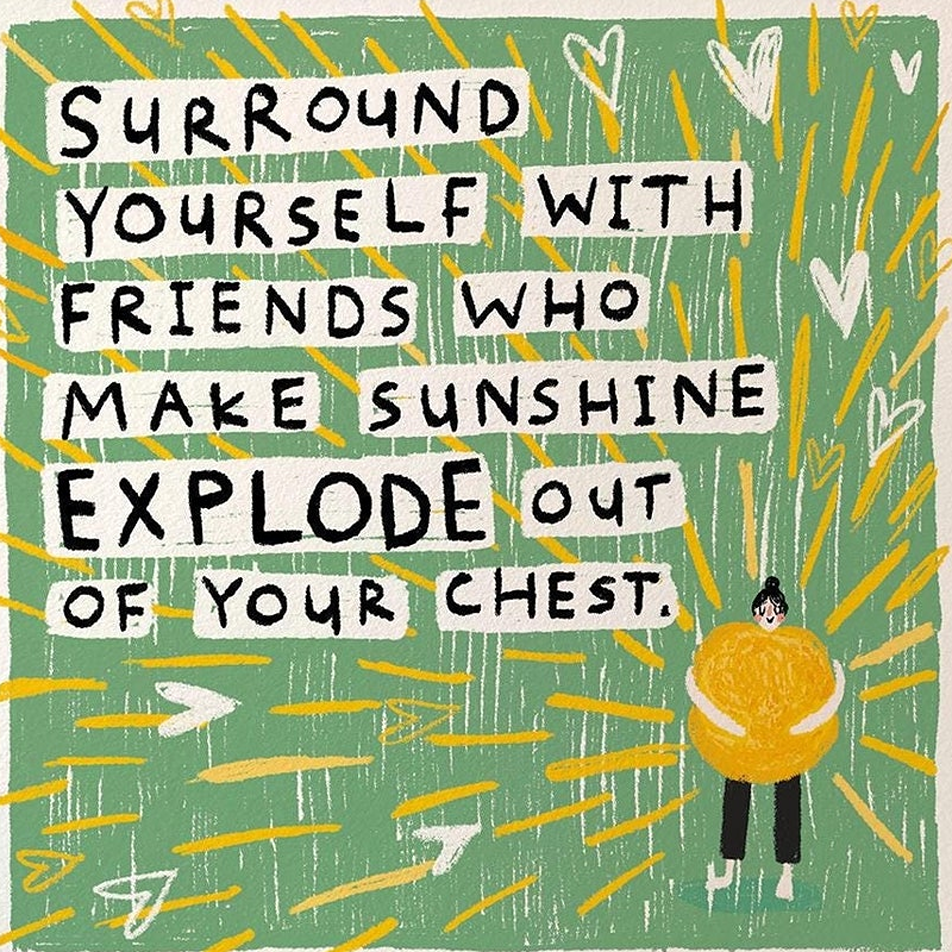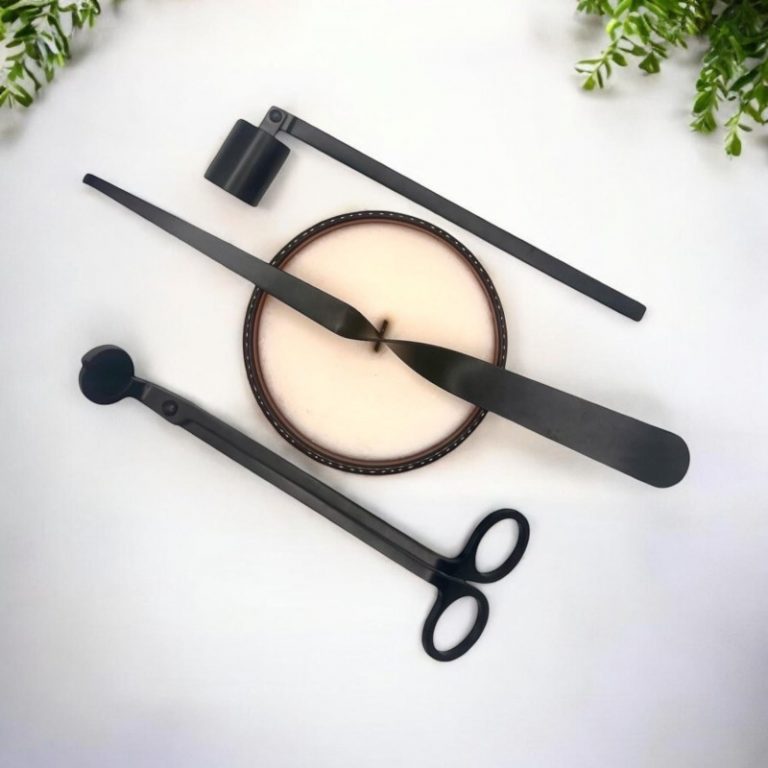
Setting boundaries can be done with kindness. But it’s important for highly-sensitive and vulnerable people to do this, as so-called people-pleasing can end up destroying you, if it attracts narcissists (who are usually very good at seeking out and taking advantages of empaths).
People-pleasers tend to say ‘yes’ when really they mean ‘no’. But often they are brought up to be kind. And worry that if they say no, people will think them unkind (a thought that often horrifies people-pleasers). Call them scatty, gullible, or other words – but please never ‘nasty’.
So proper nasty people latch onto this, and then start taking advantage of them.
By the time you’ve sat down for 30 minutes with a narcissist, you may have agreed to some kind of plan or routine that may end up with your life going in a completely different direction to what you want. You feel drained and depressed, and the other person skips off into the distance, and they have found someone gullible to make use of. Sound familiar?
Obviously it pays to be kind. Say yes if a ‘yes’ is needed (like helping a vulnerable person or animal). But people-pleasing often results in putting others first, simply to avoid conflict or even worse, win approval. It ‘looks’ kind and helpful’, but can end up draining your time and energy, and also breeds burnout, resentment and a ‘life that feels borrowed’.
Common Signs You’re a People-Pleaser
- You feel resentful, but never say it: You drive a friend to the airport at 5am, then seethe all day and tell no one why you are flat.
- You change your mind to fit in: In a meeting, you agree with the loudest voice, then kick yourself on the train home.
- You apologise without cause: The weather ruins the picnic and you say sorry three times before you sit down.
- You over-explain every boundary: A simple no turns into a five-minute speech, and you still feel bad.
- You overcommit, then underperform: You take on four tasks, deliver two well, and blame yourself for the rest.
How People-Pleasing Slowly Ruins Your Life
- Emotionally, constant approval-seeking builds stress and anxiety. You swallow feelings, then they sit heavy. Your mind runs on what others think, not what you think.
- One-sided friendships form, where you give and others take. People get used to your yes.
- Long-term stress can weaken the immune response. Research links chronic stress with higher burnout rates, poorer sleep quality, and reduced life satisfaction. When your nervous system never gets a rest, your health shows it.
Ways to Set Boundaries Without Guilt
Kind, firm scripts help. Try these as a start:
- I appreciate the ask, but I can’t commit right now.
- That won’t work for me, here’s what I can offer instead.
- I don’t have capacity this week, thanks for understanding.
- I’m not the right person for this, please check with the team lead.
- I can help for 20 minutes, then I need to get back to my work.
Start with people who care for you. Practise in safe settings. Keep your tone calm. No long reasons. If pushed, repeat the line. Boundaries are clearest when simple and steady.
There comes a time when you have to stop crossing oceans, for people who wouldn’t even jump puddles for you. The only people who get upset when you set boundaries, are those who benefitted from you having none. Lizzie Moult
You wouldn’t worry so much about what others think of you, if you realised how seldom they do. Eleanor Roosevelt





